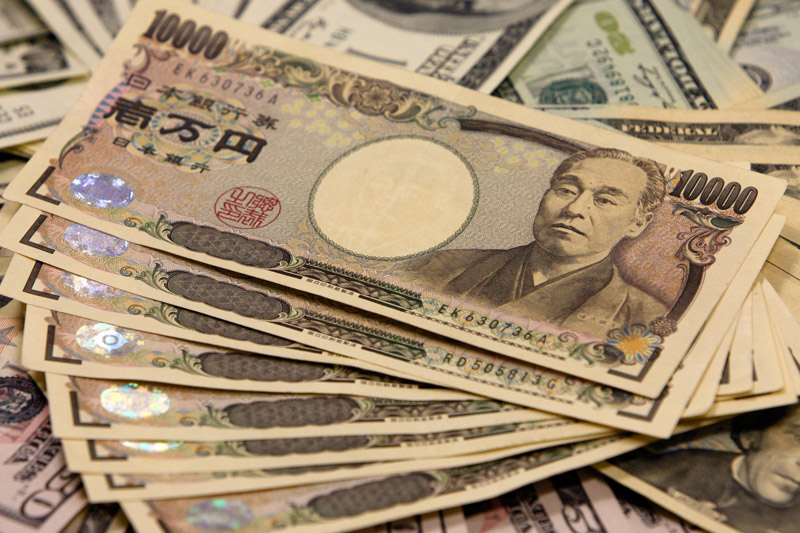By Tetsushi Kajimoto and Noriyuki Hirata
TOKYO (Reuters) - Japan's former currency czar Eisuke Sakakibara said the dollar is likely to move in a range of 106-111 yen for the time being, adding that further rapid depreciation of the Japanese currency would be damaging to the resource-poor economy.
Sakakibara, who was known as "Mr Yen" in the 1990s when he led currency intervention to stem yen appreciation, said Japan would need to intervene to halt the yen's descent if it accelerates towards 115-120 to the dollar, though he believed that chances of that are low now.
"A weak yen is no longer a plus for the Japanese economy, particularly if it weakens to 115-120 to the dollar, the negatives would outweigh the benefits," Sakakibara told Reuters in an interview on Friday.
He said a weak yen <JPY=> does not boost Japanese exports the way it used to because firms have shifted more of their production abroad, while it pushes up import costs of energy and food.
Sakakibara, now an economist and a professor at Aoyama Gakuin University, served as vice finance minister for international affairs for two years from July 1997. His comments are still watched by some currency market players.
While he was in office, Japan sold the yen to stem its gains to help exporters and on some occasions bought the currency when it was weakening to above 140 yen to the dollar - a rare move in a country mostly plagued by the pain from a strong yen.
"I found dollar-selling intervention more difficult than dollar-buying one given a limit in Japan's foreign reserves.
"When I did dollar-selling intervention using one-tenth of foreign reserves, I thought I could do it only 10 more times."
The dollar was at 107.80 yen <JPY=> on Friday, near a three-week low, after hitting a six-year high of 110.09 yen last week.
Sakakibara shrugged off some officials' concerns about return of a strong yen, which he said is unlikely to happen given the strength of U.S. economy and slowdown in Japan's economy weighed on by increase in the national sales tax.

"The U.S. is moving in the direction of ending monetary easing although it's unclear when it raises interest rates," he said. "In Japan monetary easing will continue, so (the dollar/yen) will move in a range over the next half year or so."
(Editing by Chris Gallagher & Kim Coghill)
